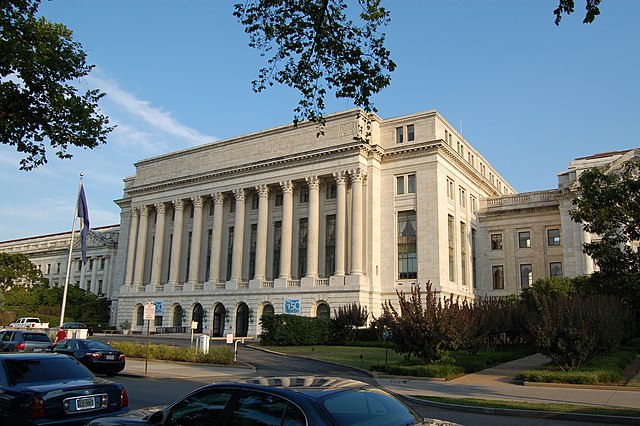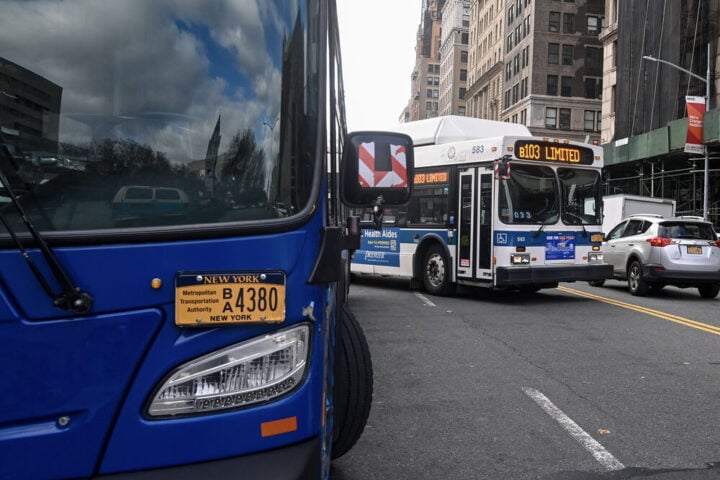The U.S. Department of Agriculture has stopped its college scholarship program that helps students attend historically Black universities. The program paid for full tuition, fees, books, and room and board for students studying agriculture and related subjects.
Last year, this program gave $19.2 million to help 94 students go to college. Now, the USDA’s website simply says the program is “suspended for review.” They haven’t explained why.
“This hurts students who need help the most,” says Tara Lepore, who studies sustainable farming at North Carolina A&T State University. “I’m worried about future students who won’t get the same chance I did.”
The program started in 1992 to help students from rural and underserved areas study subjects like farming, food science, and natural resources. It supports students at 19 historically Black colleges across the country, including Florida A&M University and Virginia State University.
Representative Alma Adams of North Carolina calls the suspension “a clear attack on an invaluable program.” She points out that these scholarships help fix long-standing unfairness in how agricultural education gets funded.
Similar Posts:
At NC A&T, about twelve students currently depend on this money for their education. Without it, many future students might struggle to afford college. This matters because these schools train many of the experts who work to keep our food safe and our farms running.
The timing creates extra problems because students were supposed to apply by March 1, 2025, for next year’s scholarships. Now those students don’t know if they’ll have funding for college.
This change affects more than just individual students. NC A&T and other 1890 land-grant universities have strong reputations for agricultural research and innovation. They also train diverse professionals who bring new ideas to farming and food production.
The Congressional Black Caucus has called the suspension an “outrageous disruption.” Meanwhile, current freshmen at these universities worry about their future. Without this scholarship funding, students may need to find alternative ways to finance their education.
These 1890 land-grant institutions have been providing agricultural education since their establishment. Their graduates work in crucial jobs – from food safety to natural resource sciences. Without this scholarship program, we might have fewer experts working on these important issues in the future.

















![Google satellite view of 1112 Stanley road in Augusta [Google Earth]](https://www.karmactive.com/wp-content/uploads/2025/04/Augusta-National-Spent-200M-on-270-Acres-but-One-338000-Home-Still-Stands-on-Stanley-Road-720x360.png)
![Representative Image: European Starling [49/366]. Photo Source: Tim Sackton (CC BY-SA 2.0)](https://www.karmactive.com/wp-content/uploads/2025/04/Starlings-Drop-82-in-UK-Gardens-as-Birdwatch-2025-Reveals-Record-Low-Count-Since-1979-150x150.jpg)